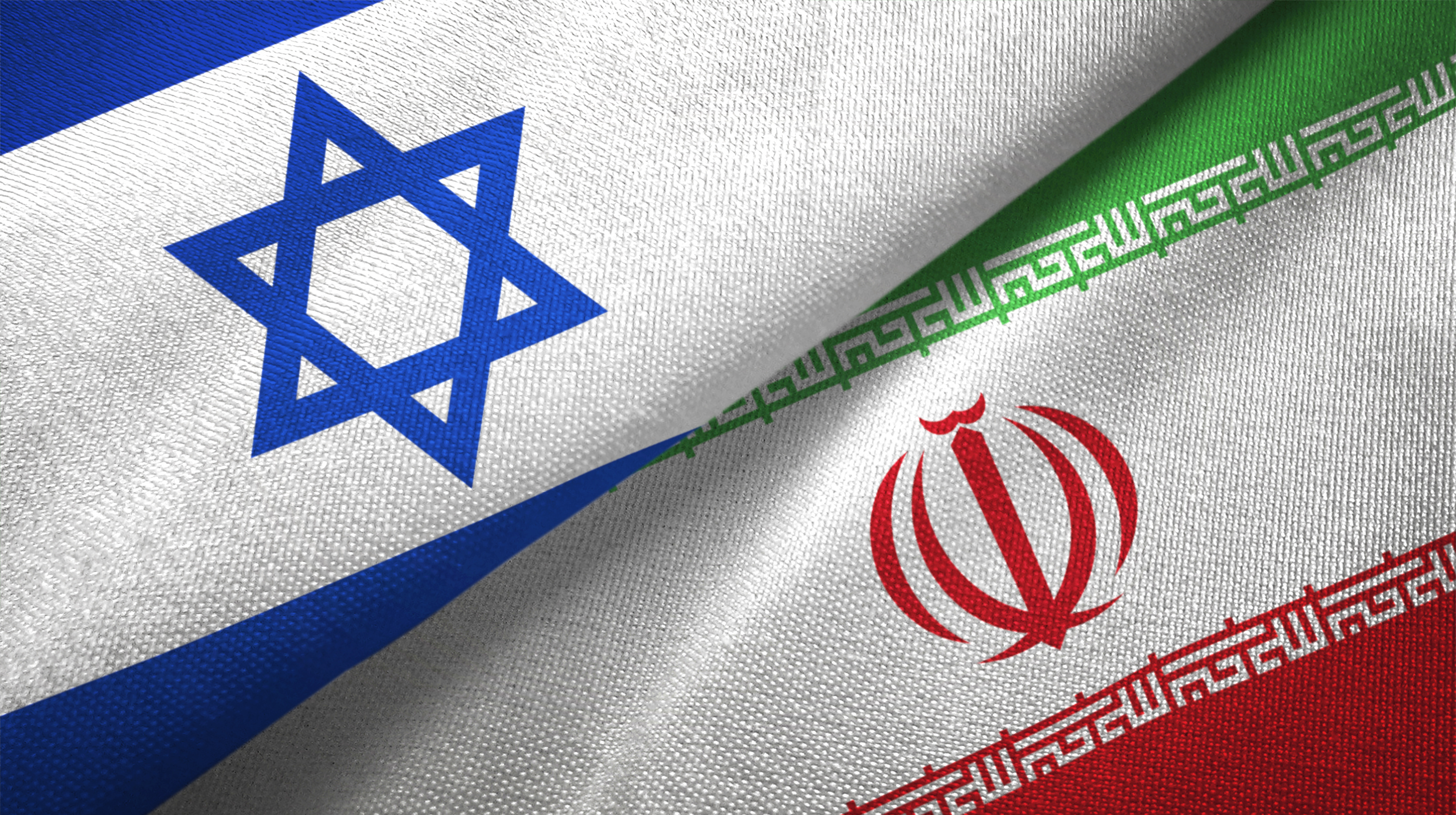
The Iranian attacks, which reportedly involved sophisticated drone and missile strikes, have prompted Israeli officials to reassess their defense strategies. These assaults, which marked a notable shift in Iran's operational tactics, were executed with precision but were largely intercepted by Israel's advanced missile defense systems, highlighting the ongoing arms race and strategic posturing in the region .
Iran's leadership, particularly through the Revolutionary Guard Corps (IRGC), has maintained that the strikes were a message to Israel and its allies. The IRGC's commander, Hossein Salami, indicated that Iran seeks to establish new military equations with Israel, signaling a readiness to engage more directly should Israeli attacks continue . Analysts note that this strategy is part of a broader Iranian effort to assert its influence in the region, leveraging its partnerships with various militia groups in neighboring countries.
U.S. Secretary of State Antony Blinken emphasized that any Iranian escalation would be met with swift and decisive action from Washington, reinforcing America's commitment to Israel's security. The U.S. has increased its military presence in the region, deploying naval assets to deter further Iranian aggression .
The backdrop of this conflict is the historical enmity between Iran and Israel, exacerbated by Iran's support for militant groups like Hezbollah and Hamas. This relationship has created a complex security environment where any military confrontation could quickly spiral into a larger regional war. Furthermore, with the U.S. preparing for an election cycle, some analysts believe that Iran might be accelerating its military activities to gain leverage over its adversaries before the political landscape shifts.
As both nations brace for potential further confrontations, the implications for regional stability remain severe. The international community is closely monitoring the situation, understanding that a miscalculation could lead to widespread conflict affecting not just Israel and Iran but also involving U.S. interests and allies across the Middle East.
